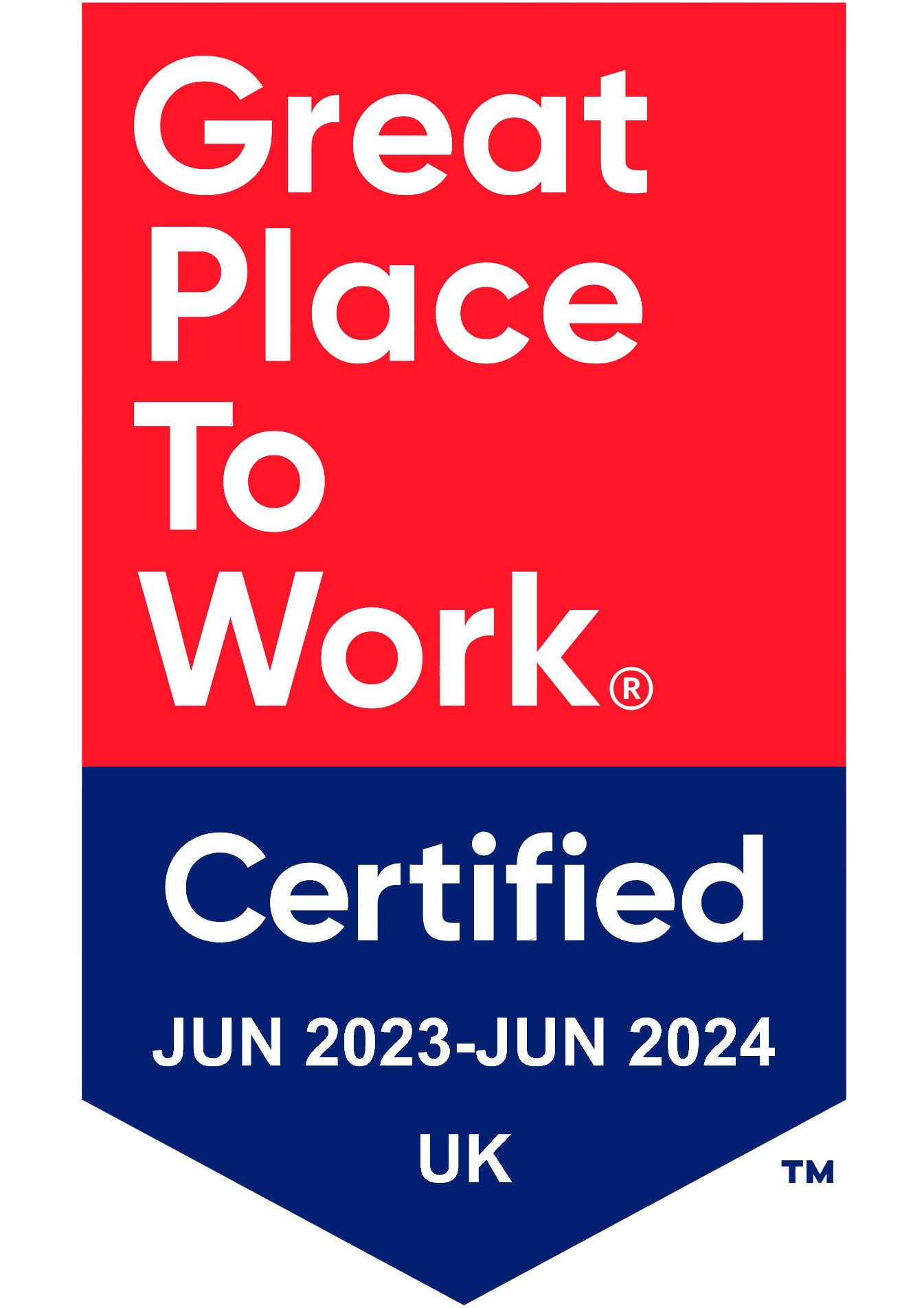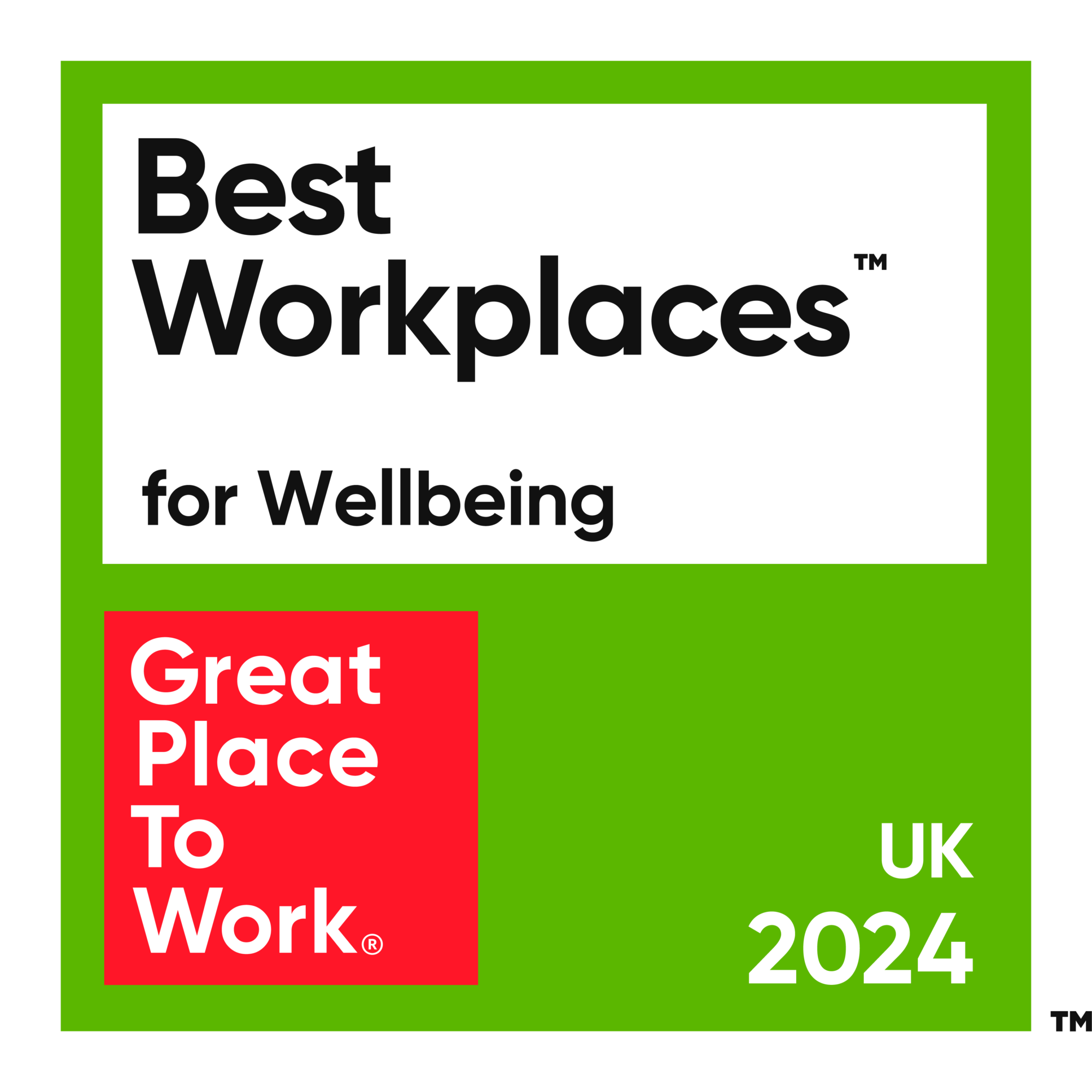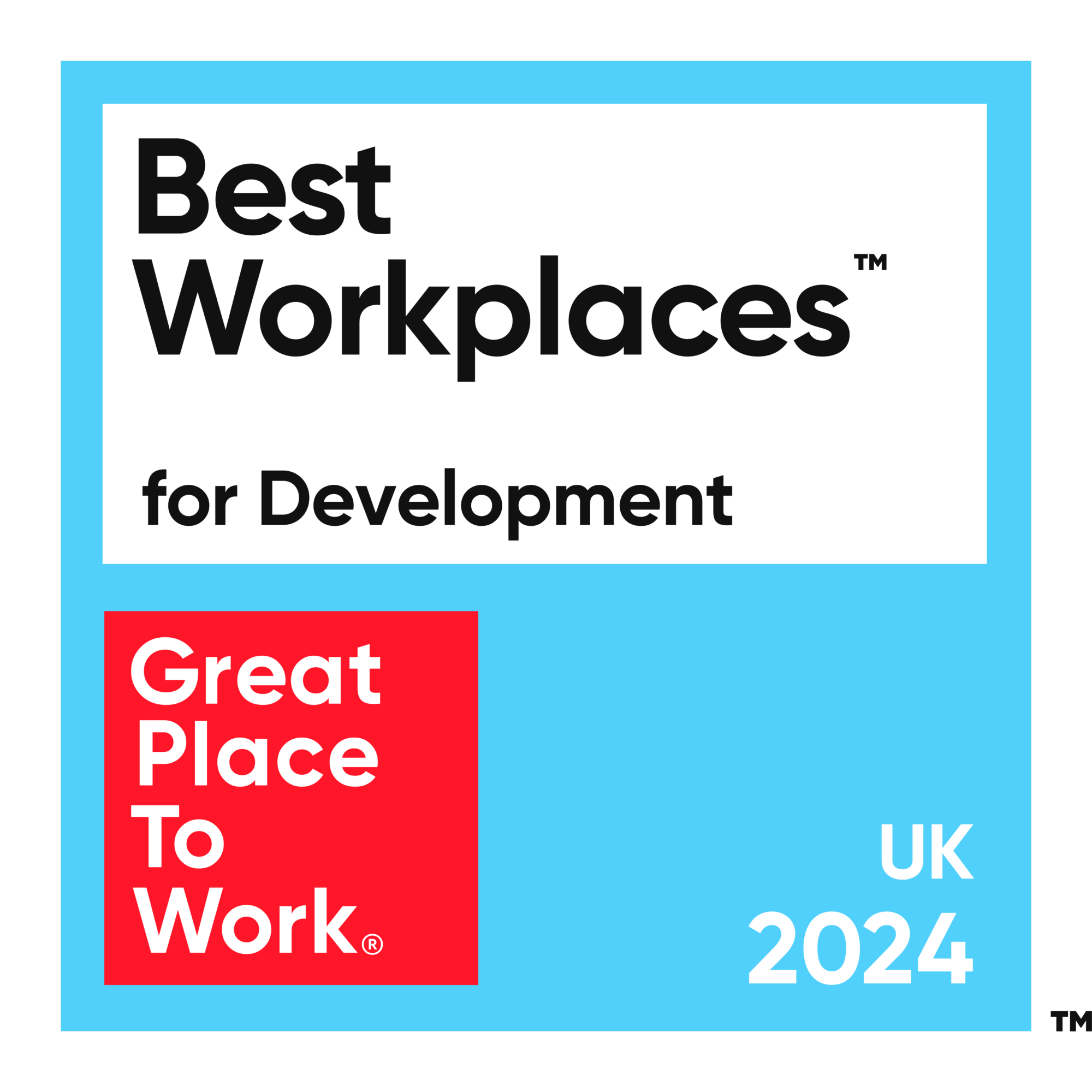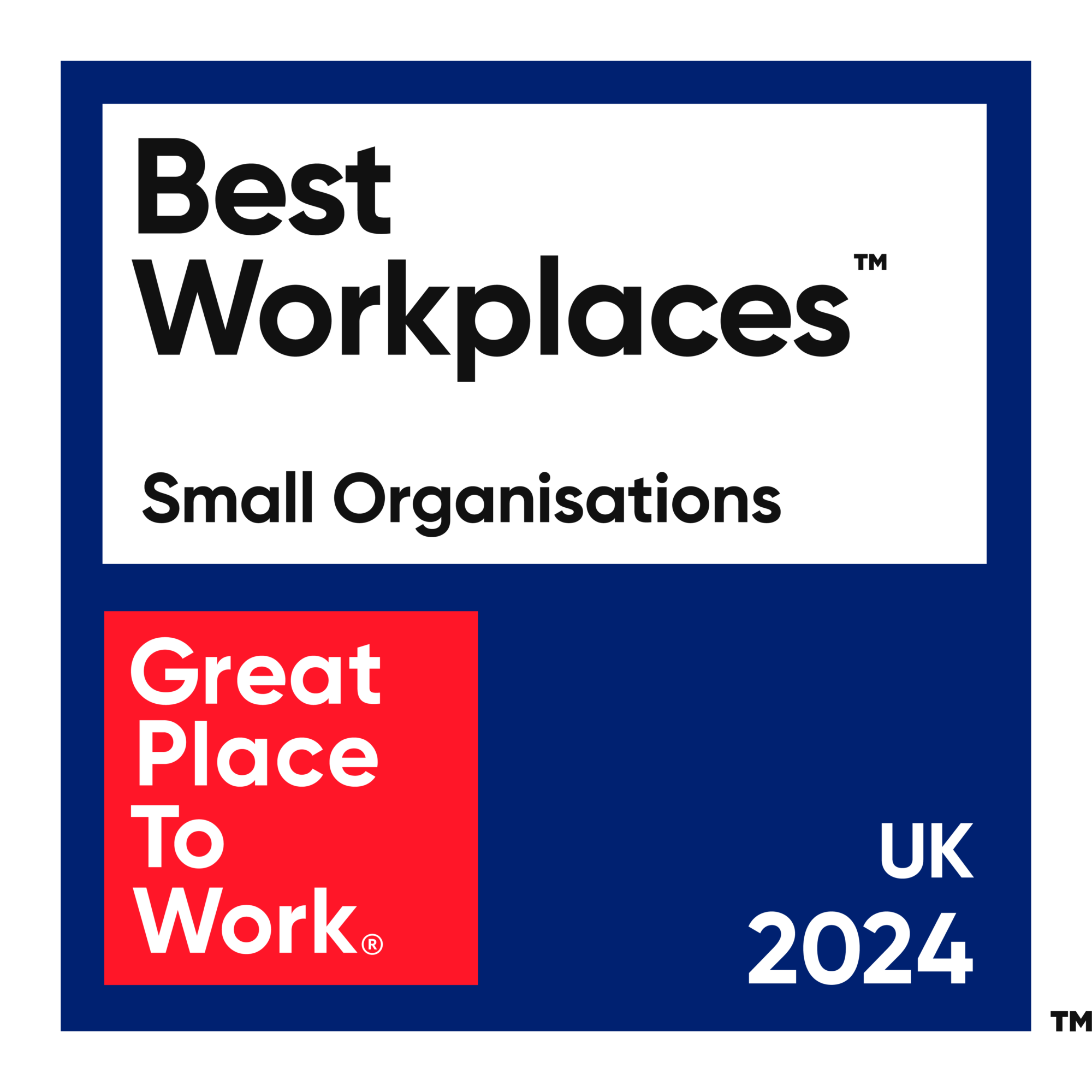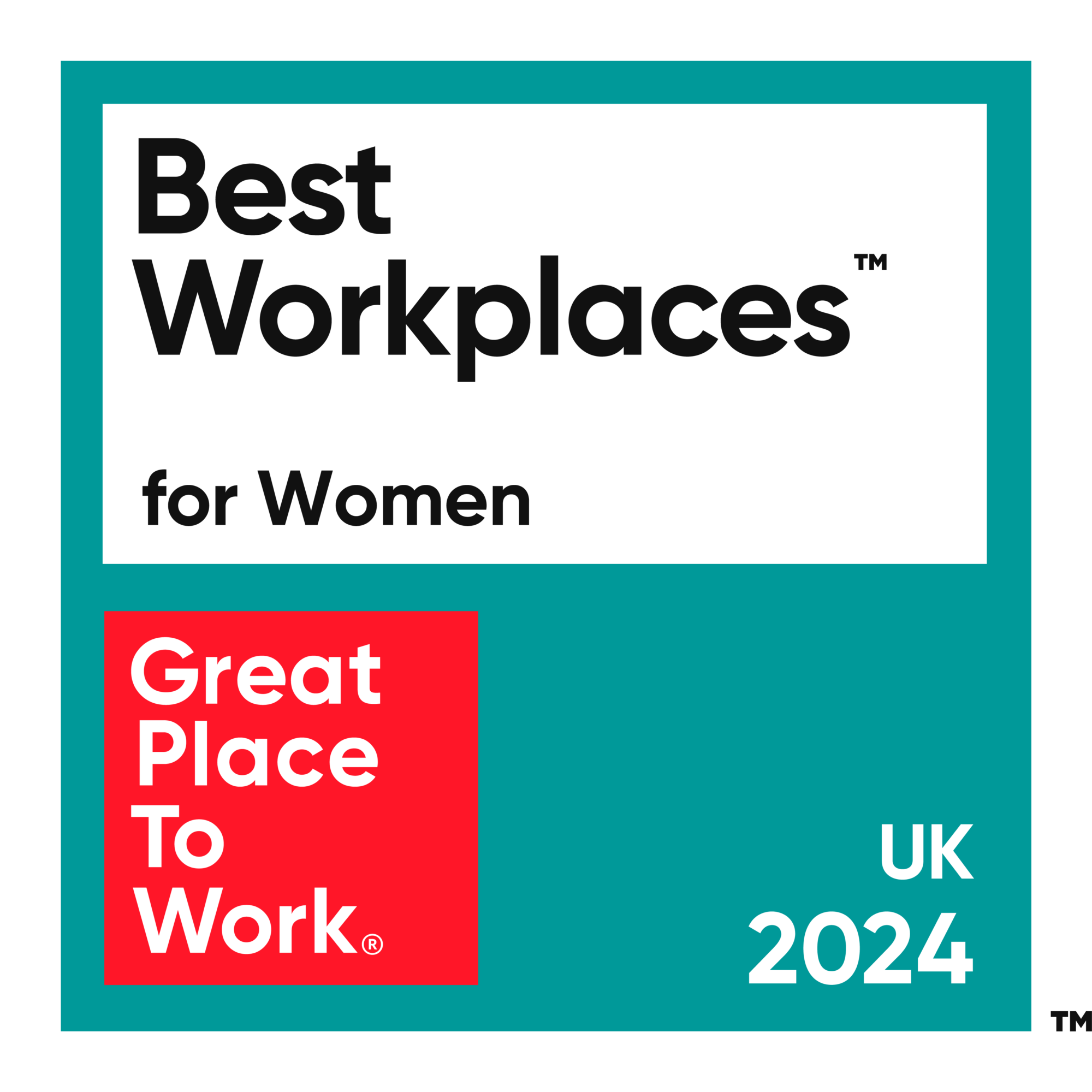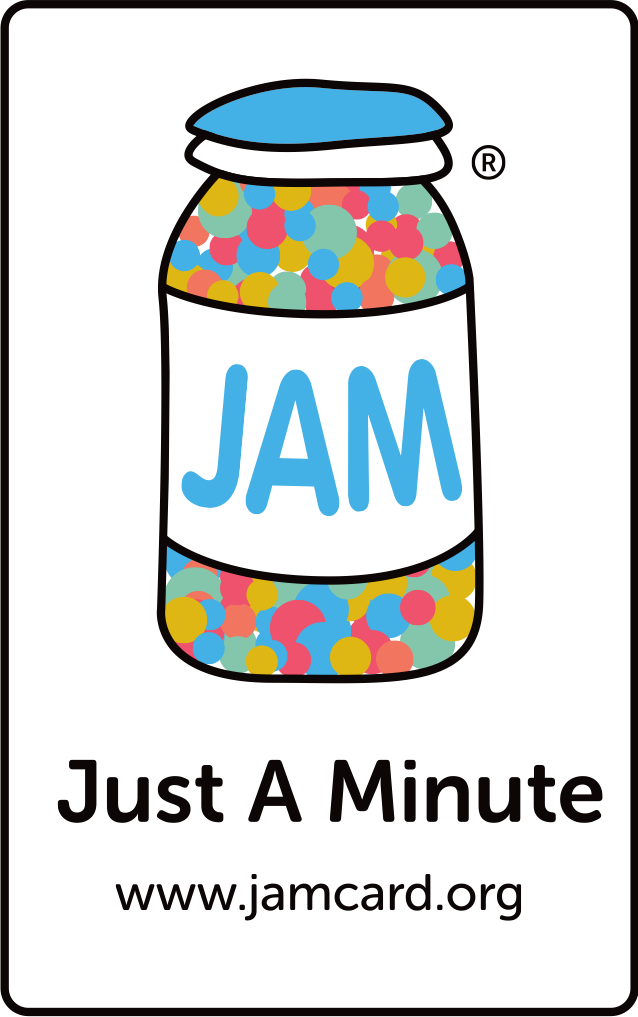How big do NI tech companies want to grow?
Tech sector insiders know that Northern Ireland is reputed to be a great place to start a company. It’s taken years of […]
January 15, 2019
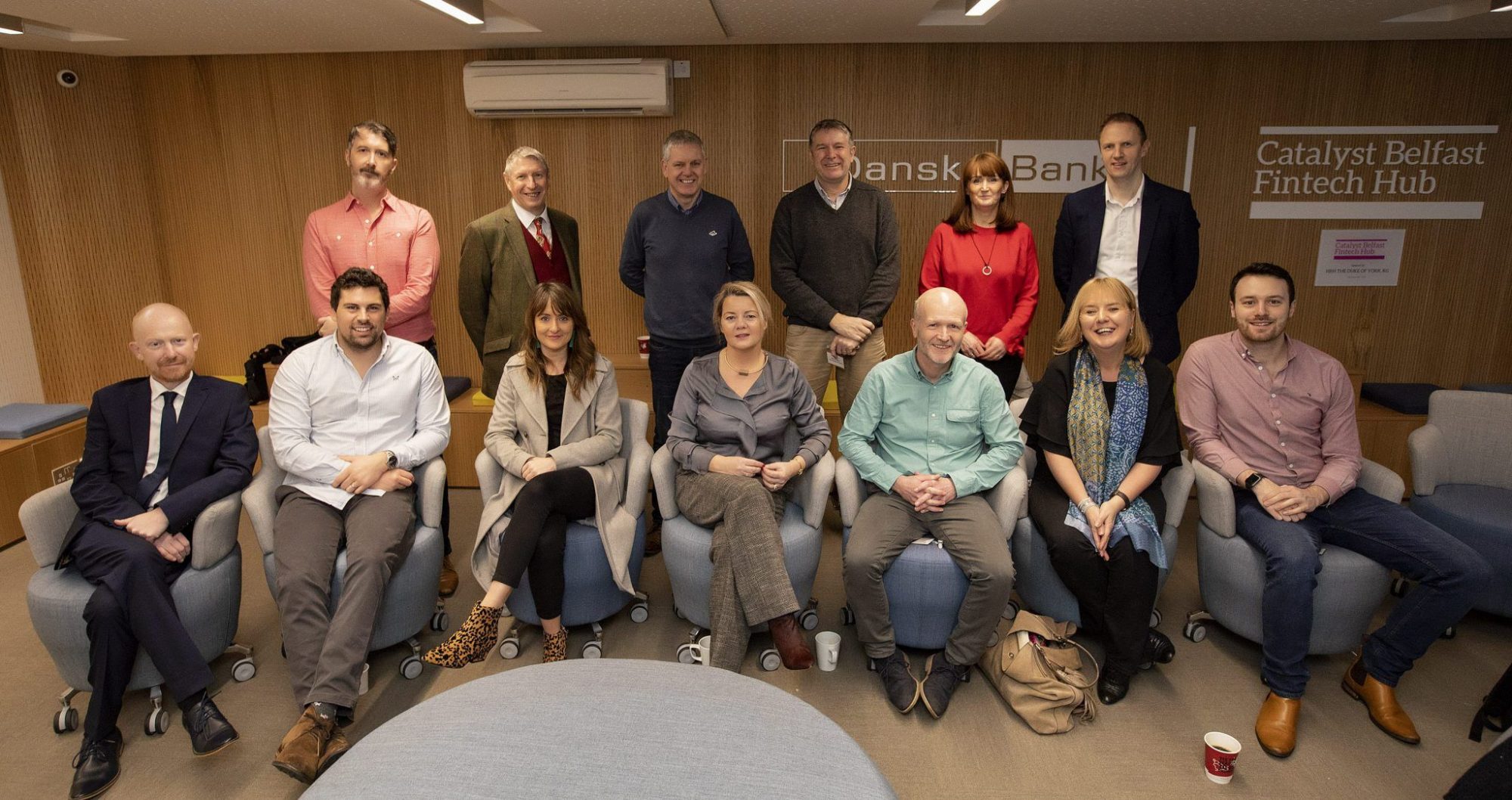
Tech sector insiders know that Northern Ireland is reputed to be a great place to start a company.
It’s taken years of hard toil to get to that point – and it’s something to be proud of.
Furthermore, data published this year by the Enterprise Research Centre, and covered in-depth by the Financial Times, indicates that amongst UK start-ups that survive their first three years in business, NI-based companies are more likely to grow to a level of £1m turnover. It seems that NI companies have true grit when compared to other regions of the UK.

But there’s a next step for economic growth in NI – that is, not just being a great place to survive the hardest first years, but being a great place to scale a company to an economic-boosting £100m+ in enterprise value.
Other ERC figures may point to the reason behind this challenge in scaling. Early-stage entrepreneur numbers have grown 75 per cent in NI in the past 15 years. Moreover, micro-businesses (less than 9 employees) in NI are the most profitable in the UK, and are more likely to export. However, only 20 per cent of founders of micro-businesses report that they have ambitions to scale to ‘national or international’ size. (Source ERC).
The rest want their businesses to remain the same size.
When you count the whopping 28,500 microbusinesses in NI, with 90% of them trading profitably, it adds up to a huge economic windfall NI could be benefitting from. If only NI founders, with the ambition to scale, could be supported to combine their natural grit with bigger aspirations – turning their hunger for great things into reality.
The question remains: How do we get these CEOs to change their mindset?
Enter Way to Scale, a new CEO transformation programme that was conceived at the end of 2018 by Catalyst, with support from Belfast City Council and Invest NI.
The programme will send 10 NI tech entrepreneurs to a world-class workshop at MIT’s prestigious Sloan School in Boston, in January. That will kick-off a three months long programme for these 10 companies – Way to Scale will also involve business plan workshops at Catalyst over February and culminate in a bespoke, week residential at MassChallenge HQ in Boston.
Director of Springboard and Way to Scale’s facilitator, John Knapton, says, “We’ve gotten pretty good in NI about doing start-ups, with established support from Catalyst and other organisations here, both private and public. The annual Knowledge Economy report says that we’re launching 400+ innovation start-ups each year in NI, which is hugely better than 10 years ago. However, we need to scale more companies to the likes of Kainos, First Derivatives or Lagan Technologies and we’re not there yet.”
John explains that market research, conducted with exited CEOs and other stakeholders, identified three areas of priority.
“We need CEOs to transform their thinking,” he says. “We need the confidence to think big, underpinned by robust, business modelling that scales, we also need challenge and mentorship from founders who have been there and done that and who know what models work. Thirdly we need dynamic go-to-market and specifically sales strategies – and that means supporting CEOs to establish a beachhead within their export geographies.”
John has proven experience with growing NI tech companies both from personal experience and through the Springboard programme, which he’s led since 2014. John points out that Way to Scale isn’t for lifestyle businesses, as important as they may be to the economy.
“This is for disruptive technologies, companies that are already doing £500k+ in revenue or have significant investment to facilitate the expense incurred to export successfully. We can help them put the meat on the bones of their business growth strategy,” he says.
And how might Brexit impact these scaling companies? It’s impossible not to wonder.
John has a unique viewpoint on it. “We’re focusing on companies that are naturally disruptive in their industries, that have compelling value propositions – they’re not reliant on the general flow of the markets. Although trading conditions may be more difficult, there should be less influence from Brexit because customers will need their products regardless.”
The ten companies in the first annual cohort of Way to Scale:





